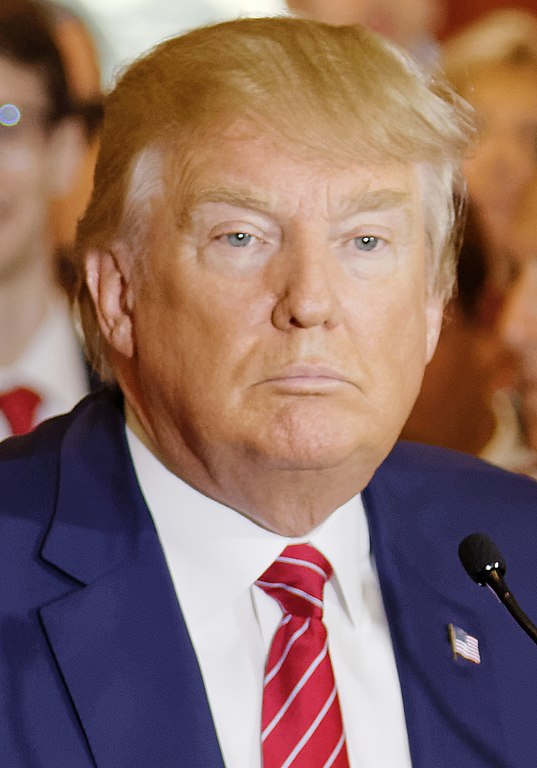In a clip that has since been posted onto RT's Youtube account, anchor Gayane Chichakayan talks of the tensions between the US and Turkey (and they are building) over airstrikes on Kurdish sites, and the clip referenced a press release from France. A snapshot is shown below.
The "..." significant. RT has omitted some words linking the whole quote together
(Source: RT YouTube)
After a short investigation, Left Handed Dude discovered the original source of the French quote, linked here. It is a press release from the official France Diplomatie website, where the French government shows concerns over the continuous bombardment of Syrian people. The piece is quoted as follows:
"France expresses its concern at the continued deterioration of the situation in the region of Aleppo and northern Syria"
Here is the really important bit that RT took the quote from
"It [France] calls for the immediate cessation of the bombing, those of the regime and its allies across the country, and those of Turkey in the Kurdish areas"
RT chose to neglect mentioning the subject the French referred to primarily: Bashar al-Assad and his allies, and their attempts to crush dissent in Syria. Instead, the channel chose to use the French press release to make Turkey the sole focus of attention. Except they haven't gotten away with it.
Maarat al-Numan and Azaz struck
Source: BBC News website
RT's omission comes, just as news has filtered through that 3 Syrian hospitals had been struck yesterday, 2 in Maarat al-Numan, and 1 in Azaz, a town close to the Turkish border, and a Kurdish stronghold.
Azaz is shown here to be under Kurdish control (at least according to this map sourced from the BBC), on the border with Turkey. Maarat al-Numan is not shown but is located in the cream-coloured region beneath Idlib. The cream colour indicates the region is under rebel control.
Maarat al-Numan has been held by the Syrian Free Army, following a lengthy skirmish in 2012-13. The strikes on both hospitals have reportedly killed 22 people, as reported by CNN
Following the hospital attacks, Medecins Sans Frontieres claimed it believed the Syrian regime or the Russians were responsible, as reported here. No independent confirmation has been made yet, the BBC added.
A limited ceasfire is supposed to go into operation on 19th February. Left Handed Dude will keep an eye on developments as they come.
What is RT?
The British Audience Research Bureau, which compiles UK TV viewing figures, claims that the RT channel had a total quarterly audience reach of 2.57m viewers in the third quarter of 2015, according to its most recent audit (link here).
The Russian government reportedly spent 21bn Rubles to fund it in 2015, but cut that down to 19bn Rubles for 2016. With oil and gas making up a large proportion of Russian government revenues, and the price of oil having crashed over 75% in USD terms, cuts are being made all over the place.
The outlet's YouTube account has been up and running since 2009, when the channel began regularly broadcasting content in the US. Secretary of State John Kerry has called RT a "propaganda bullhorn" and below is evidence of some of RT's kookier material.
RT has come under fire, especially since the start of armed conflict in Eastern Ukraine back in early 2014. The international community considered the events in Crimea as an annexation, but RT refrained from using the term itself.
Ofcom has been frequently warning RT about broadcasting unbalanced news, at least on UK screens. It is doubtful RT is changing its angle anytime soon.
Examples of the anti-Western angle shown by RT are evident, based on the coverage of Russia's sanctions and its economic troubles.
Russia was hit by sanctions, from the EU and the United States following the annexation of Crima but RT spun the sanctions as useless (regular RT guest Gerald Celente called them "toothless" here) and beneficiary to the Russian economy.
This all came, despite the fact that the Ruble has more than halved in value since 2014, the Russian economy has slumped into a recession, and Russian consumers have been stifled by high inflation.





